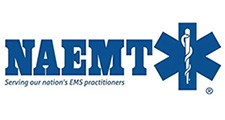
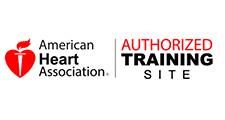
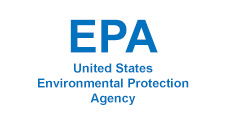
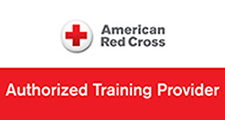
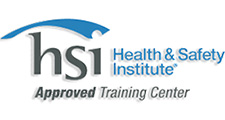
.jpg)
When a child is critically ill or injured, every second counts. The American Heart Association’s (AHA) Pediatric Advanced Life Support (PALS) course equips healthcare providers with the knowledge and skills needed to respond effectively during these emergencies. Whether you're a nurse, doctor, paramedic, or other healthcare professional, PALS training helps you feel prepared and confident when it matters most.
PALS is a specialized course designed to teach healthcare providers how to recognize and treat life-threatening conditions in infants and children. The focus is on quickly identifying signs of respiratory distress, shock, or cardiac arrest and knowing how to take the right steps to save lives. It’s more than just basic CPR; PALS provides advanced techniques and tools to manage pediatric emergencies.
The PALS course covers a range of important topics, including:
Basic Life Support (BLS) for Children and Infants: Building a strong foundation of CPR skills.
Recognizing and Managing Respiratory Emergencies: Knowing the signs of trouble and how to act fast.
Treating Shock: Understanding the different types of shock and how to manage them.
Cardiac Arrest Management: Using advanced techniques like defibrillation and medications to save lives.
Teamwork and Communication: Working effectively with others during high-pressure situations.
Students learn through hands-on practice, case-based scenarios, and real-life simulations. The course uses a step-by-step approach to help you feel comfortable with advanced tools like airway devices, ECG monitors, and medications.
PALS training is essential for healthcare providers who care for infants and children in emergency or critical care settings. This includes:
Pediatricians
Emergency room staff
ICU staff
Paramedics
Nurses
Respiratory therapists
Even if your job doesn’t require it, PALS can give you valuable skills to respond to emergencies involving children.
Children aren’t just small adults—their bodies work differently and require special care during emergencies. PALS helps healthcare providers understand these differences and gives them the tools to act quickly and effectively. By completing PALS training, you can:
Improve outcomes for critically ill or injured children.
Feel confident handling pediatric emergencies.
Enhance your career opportunities in healthcare.
To earn your PALS certification, you’ll need to complete the course and pass both a written exam and a skills assessment. BVAC Rescue Response training center offers PALS courses. Once certified, you’ll need to renew your certification every two years to stay up to date.
The AHA’s PALS course is a vital resource for anyone who works with children in healthcare. It’s not just about learning techniques—it’s about gaining the confidence to act quickly and make a difference when it counts. With PALS training, you’re not just improving your skills; you’re helping save lives.
Headquarters:
214-29 42nd Avenue
Bayside, New York 11361
Mailing Address:
P.O. Box 610606
Bayside, New York 11361
Phone: + 1 (718) 631-3333
Contact Form
